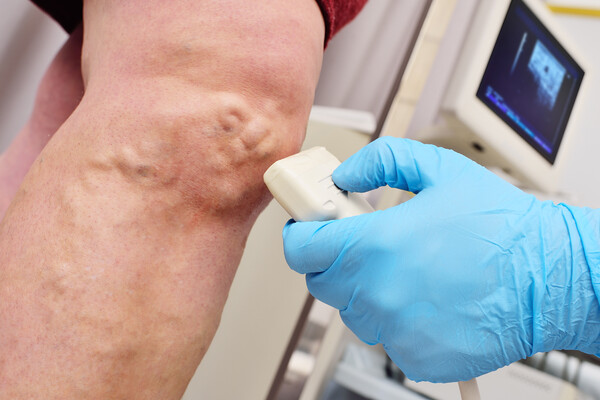Surgeries for cosmetic purposes, such as nasal valve reconstruction for nasal cosmetic purposes and varicose vein surgery for cosmetic purposes, rather than for treating nasal congestion, will not be eligible for health insurance coverage.

On Thursday, the Financial Supervisory Service (FSS) released a guide on “items easily misunderstood to be covered by actual medical cost insurance."
The FSS said that surgeries to improve one's appearance, not to treat diseases, will be ineligible for coverage. This includes nasal valve reconstruction for rhinoplasty and varicose vein surgery where blood reflux (more than 0.5 seconds) is not confirmed.
Medical records must be submitted to confirm the diagnosis of the condition for the claim to get payment.
In the same vein, eyelid surgery for cosmetic purposes is not covered. Still, eyelid surgery will be covered to treat diseases such as ptosis (drooping of the eyelids) and ectropion (a condition where the eyelids curl up and the eyelashes irritate the eyes).
However, the National Health Insurance Act stipulates that eyelid surgery not to improve essential bodily functions is not covered, so if the medical expenses are charged as non-benefit, it is not eligible for insurance as it is considered a surgery to improve appearance.
However, suppose the eyelid surgery cost is changed from non-payment to payment due to the Health Insurance Review and Assessment Service. Patients can apply again to the insurance company for payment in that case.
In addition, the purchase of eyeglasses, contact lenses, crutches, hearing aids, and orthotics is not covered, even to treat a disease. Therefore, even if patients purchase orthotics from a hospital or medical device vendor on a doctor's recommendation, they will not receive insurance claims.
However, there is an exception for artificial organs implanted into the body and taking over its functions, according to the new guidelines.
Besides, expenses unrelated to disease treatment, such as medical checkups for preventive purposes, immunizations, and issuing various certificates, are not covered.
"Since insurance benefits are paid after deducting out-of-pocket expenses (deductibles) stipulated in the policy, the insurance benefits may be lower than expected or may not be available," the FSS guideline said. "When filing a claim, patients should check the deductible amount of their property and casualty insurance policy."

